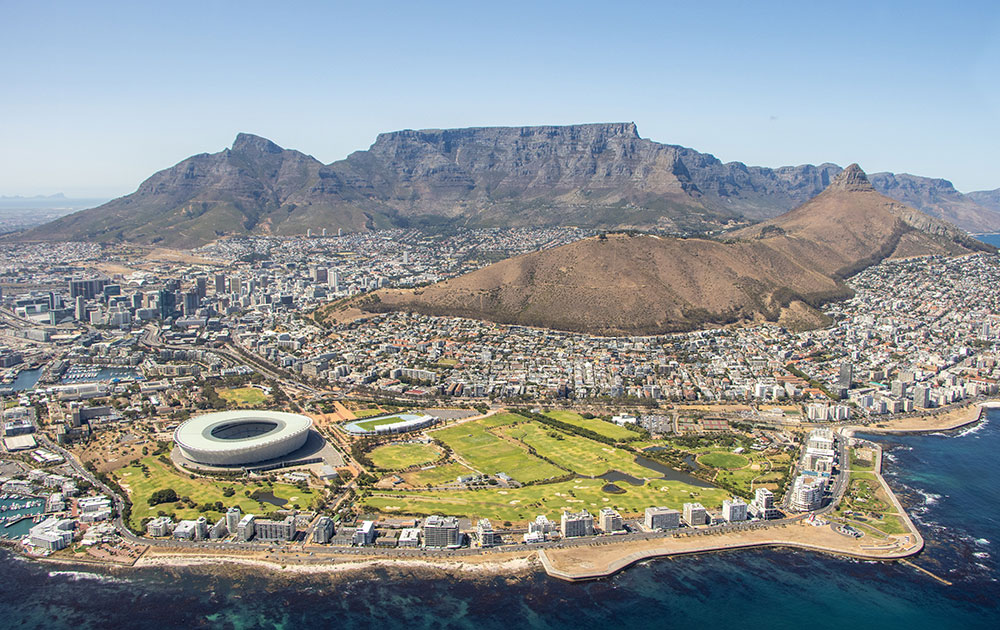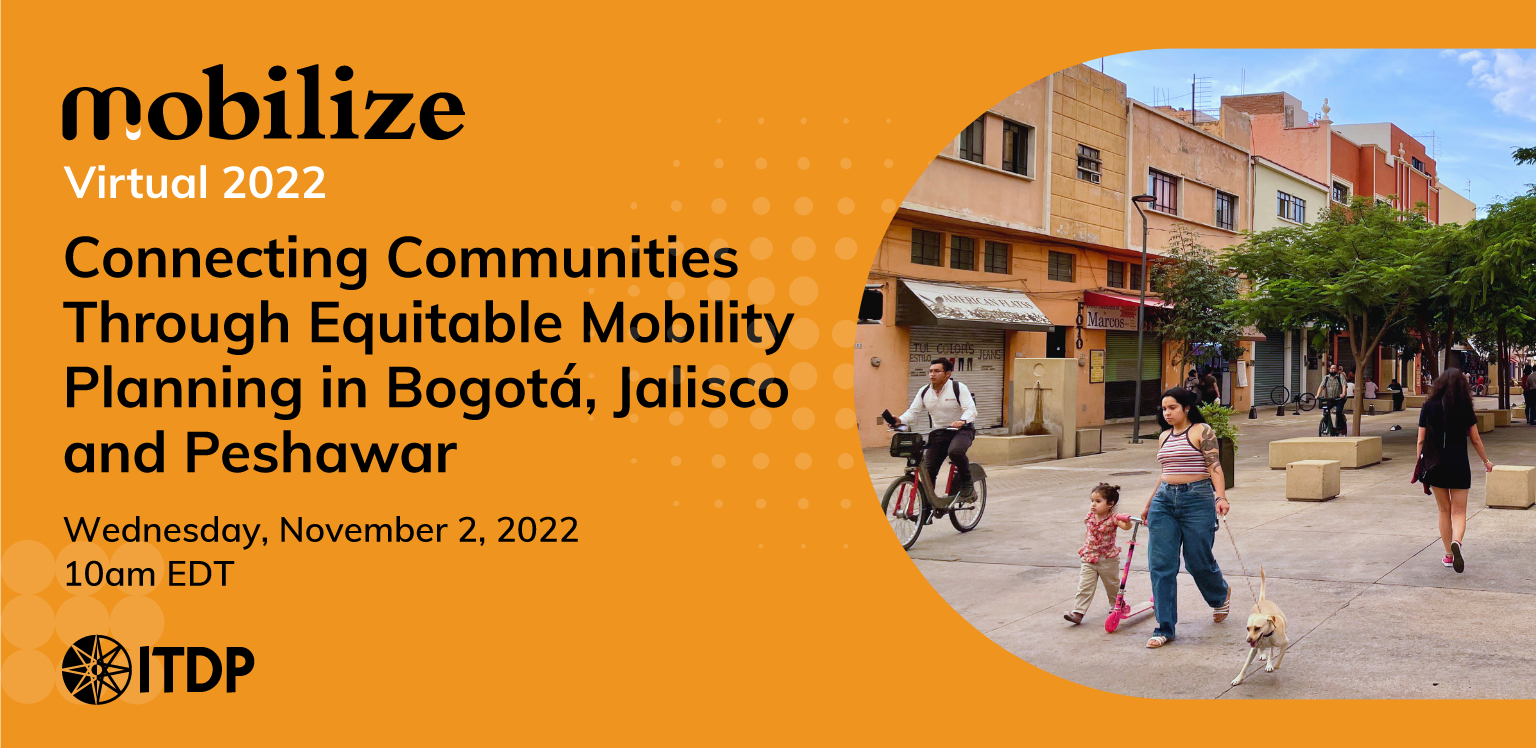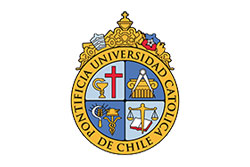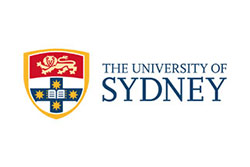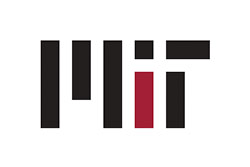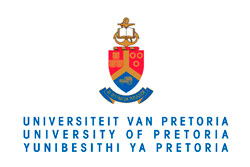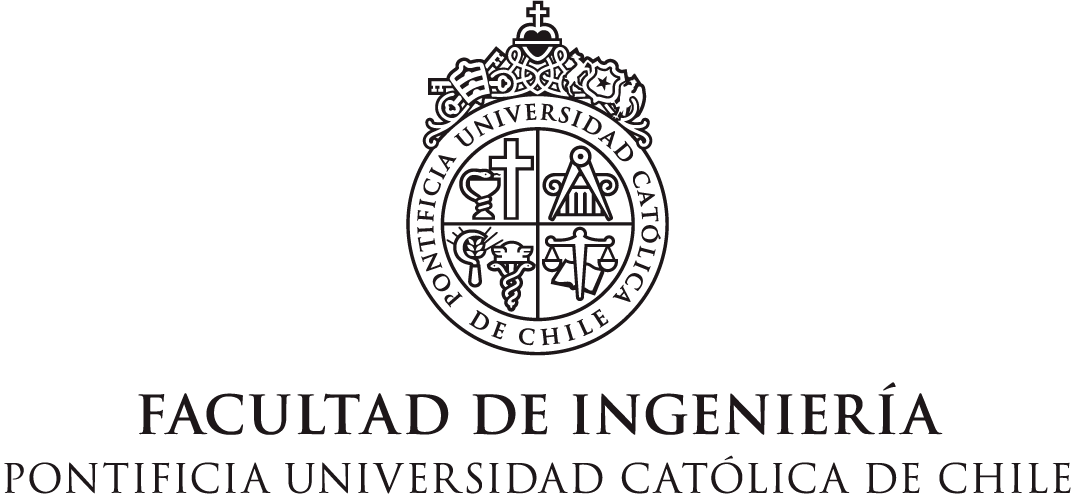Source: U.S. Department of Transportation, Federal Transit Administration
Photo: rapidgrowthmedia.com
GRAND RAPIDS, Mich. — The U.S. Department of Transportation’s Federal Transit Administration (FTA) announced last October an agreement to provide $32 million for the city of Grand Rapids to build the Silver Line bus rapid transit (BRT) system, which will offer faster and more convenient access to major downtown employers along the city’s busy commercial corridor. FTA Administrator Peter Rogoff was joined by Lieutenant Governor Brian Calley, Kentwood Mayor Richard Clanton, Wyoming Mayor Jack Poll, and local officials at a signing ceremony in Grand Rapids.
“President Obama is committed to bringing more transportation choices to Michigan and across the country,” said U.S. Transportation Secretary Ray LaHood. “Bringing a new bus rapid transit service into downtown Grand Rapids offers efficient, affordable access to jobs, medical care and educational opportunities for thousands of area commuters, students, and seniors.”
The new Silver Line will be operated by Interurban Transit Partnership, known as The Rapid. The 9.6-mile route will serve major employers, including St. Mary’s Medical campus, the Michigan State University College of Human Medicine, and the Cook-DeVos School of Nursing, which together employ about 29,000 area residents. Compared to non-BRT service, the new Silver Line will be faster because it eliminates the need for a transfer between stops and uses dedicated bus lanes for much of the route.
“The Silver Line is a great example of bus rapid transit that’s done right,” said Rogoff. “The new service will shave commuting times nearly in half for many workers traveling to and from the Medical Mile, while helping to reduce congestion on US 131.”
The Federal Transit Administration is providing approximately $32 million to The Rapid for the nearly $40 million project, including $19 million through its Capital Investment (Small Starts) Program and $13 million through its Bus and Bus Facilities grant program. The remaining cost is covered by state funding.


